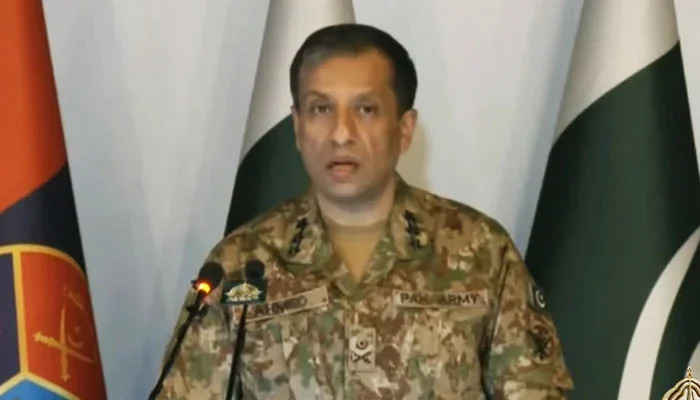The year 2024 has been a defining period for Pakistan, marked by relentless efforts to ensure internal security, counterterrorism measures, and socio-economic upliftment. In a comprehensive press briefing, the Director General of Inter-Services Public Relations (DG ISPR) shed light on the milestones achieved and challenges faced by the nation. This blog reflects on the significance of these updates and their broader implications for Pakistan’s progress.
The DG ISPR highlighted the sheer scale of Pakistan’s counterterrorism operations in 2024, stating that “59,775 successful intelligence-based operations were conducted against terrorists and their facilitators.” These efforts were complemented by daily operations, with over 169 conducted on average. Such an intense focus has resulted in “925 terrorists meeting their fate,” including “73 high-value targets.” Among them were key individuals such as Mian Syed Arif Qureshi, alias Ustad, and Mohsin Qadir.
While celebrating these victories, the human cost cannot be ignored. As the DG ISPR revealed, “383 brave officers and soldiers embraced martyrdom during counterterrorism operations this year.” These sacrifices underscore the ongoing battle against extremism and the price paid for peace.
The DG ISPR was forthright about external influences fueling terrorism within Pakistan, stating that “evidence and links of terrorism incidents lead back to sanctuaries in Afghanistan.” Despite these challenges, progress on the Western Border Management Regime continues at pace, with 72% of tribal areas cleared of landmines.
India’s aggression on the eastern border also remains a pressing concern. According to the DG ISPR, “25 ceasefire violations, 564 speculative firing incidents, and 61 airspace violations” were recorded. Pakistan’s armed forces remain vigilant and capable of responding to any provocation, emphasizing, “The Pakistan Army possesses the full capability to counter any Indian aggression along the LoC.”
The armed forces have also focused on socio-economic development, aligning with federal and provincial governments. A key initiative, “Ilm Tolou Da Parra,” provided educational facilities to over 700,000 students in Khyber Pakhtunkhwa. Additionally, over 113 medical camps were established, benefiting thousands. Infrastructure projects also progressed, with “140 kilometers of railway track between Sibi and Harnai restored after 17 years” and “65 acres irrigated under the first phase of the Kachhi Canal project.”
Environmental conservation is another priority, as evidenced by the “15,825 acres brought under cultivation through the Green Pakistan Initiative.”
The training and preparedness of Pakistan’s armed forces remain a cornerstone of national security. The DG ISPR noted that “11,071 personnel from 31 units underwent pre-induction training in 2024.” This year also saw eight international joint exercises and the participation of the Pakistan Navy in 25 multilateral drills. The “Exercise Industrial 2024,” held in October, featured air forces from 24 countries, showcasing Pakistan’s commitment to fostering global cooperation.
The DG ISPR concluded with a powerful message: “Remember, a safe Pakistan is a strong Pakistan.” These words encapsulate the essence of the press briefing—security and development are inextricably linked, and a secure Pakistan lays the foundation for a prosperous future.
Pakistan’s journey through 2024 has been one of resilience and determination. The armed forces’ multifaceted role—from combating terrorism to spearheading socio-economic initiatives—illustrates a holistic approach to nation-building. However, challenges remain, particularly in addressing regional dynamics and ensuring sustainable development. As Pakistan moves forward, the lessons of 2024 will serve as a blueprint for a safer and stronger nation.


